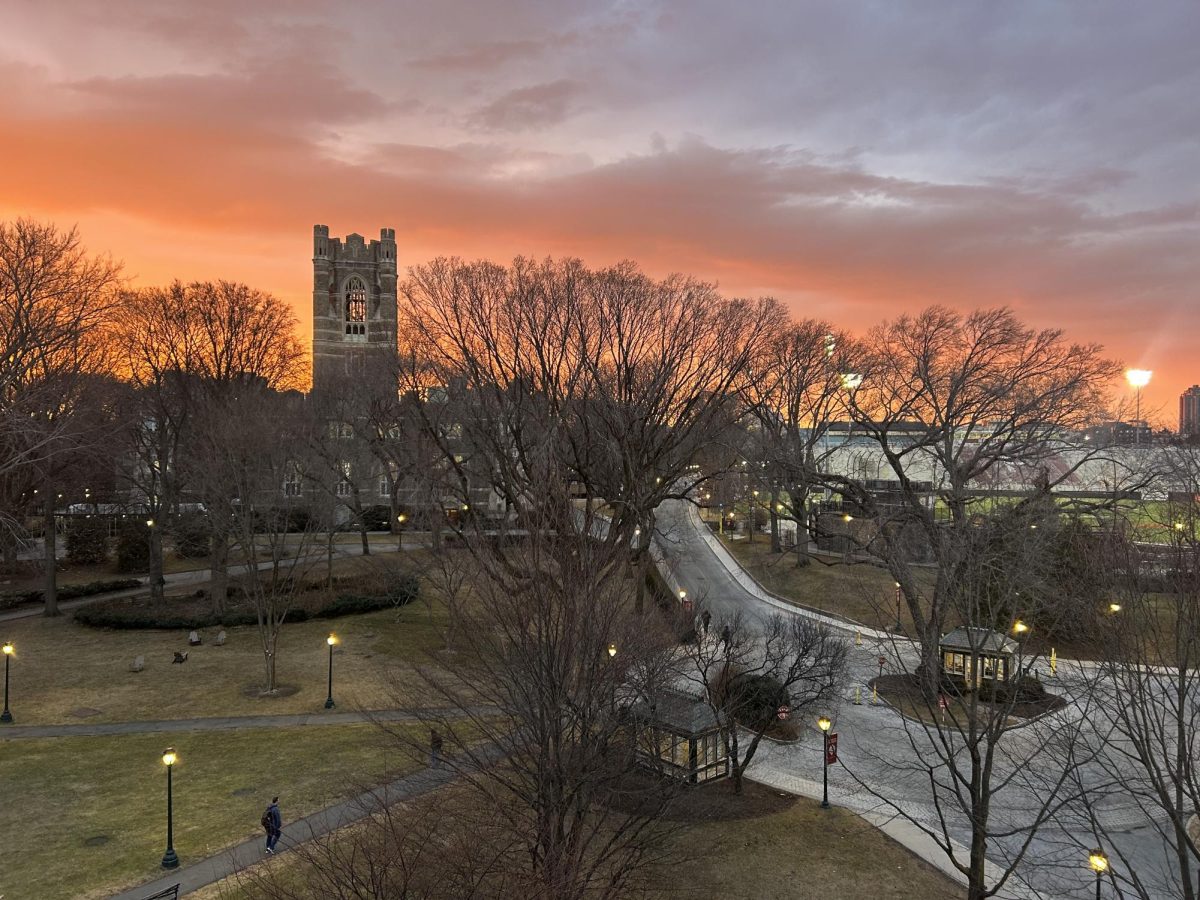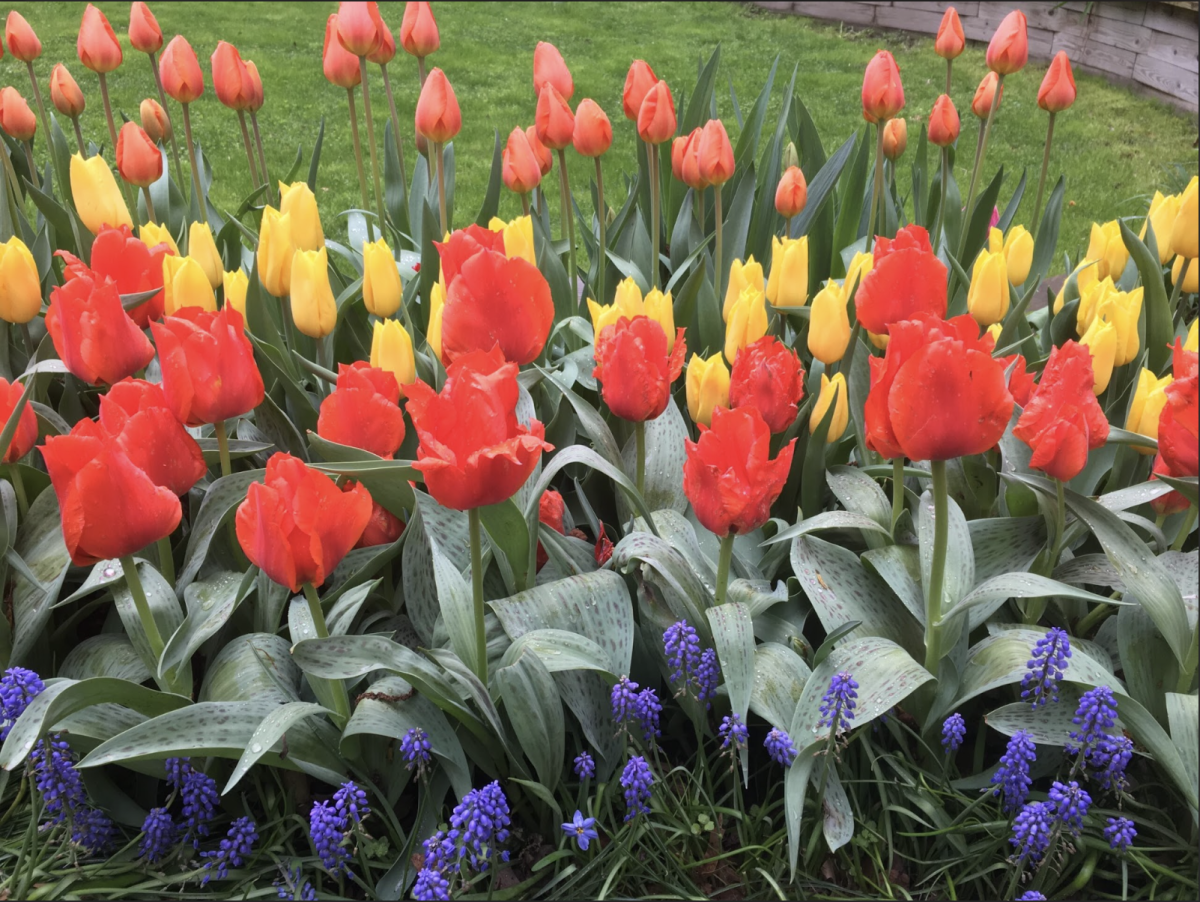
By Jane Skapek
Two weeks ago, I attended the Brooklyn Book-fest, an annual event that celebrates all forms of writing, including novels, comics, journalism and short stories.
There, I had the unique opportunity to hear Salman Rushdie, author of the infamous books The Satanic Verses and Midnight’s Children, speak about the responsibilities of being a writer in the world today. Rushdie, the target of a fatwa for his writings, is one of the most vocal members of PEN American Center, an organization devoted to the defense of free expression, the advancement of literature worldwide and the spread of literacy. In his speech, Rushdie’s ultimate message was that while art itself is lasting, artists are vulnerable and need defending. Rushdie’s speech, coupled with the annual Banned Books Week, brought into focus the topic of censorship.
In America today, censorship would not make most people’s top five issues in need of attention. This lack of attention to the issue proves that in many ways, censorship has become much more insidious, because it has certainly not disappeared. Censorship generally comes in three forms. The first form is legal censorship, where a government or other agency makes laws that prohibit certain works from being created or distributed. Second is a lack of availability when certain works are removed from easy public access, such as removing books by specific authors from public libraries.
Finally, sometimes authors practice self-censorship, deliberately not producing works that represent controversial or unpopular subject material for fear of societal shame or other forms of reprisal. Censorship might not be considered a widespread issue in the United States, yet all three of these forms of censorship are prevalent in our country today.One place that censorship occurs most is in the education system.
Every year, universities and high schools prohibit artistic works in some form or another, from prohibiting their performance to forcing teachers to remove certain books from their curricula. In high schools across the country, books such as The Handmaid’s Tale, The Laramie Project and even To Kill a Mockingbird have been challenged and their removal from curricula demanded. In states such as New Mexico, school libraries have removed or refused to supply books written by Latin American authors.
And in high schools, where “American Literature” is a federally mandated part of the curriculum, there is a notable lack of authors who are not Caucasian and male. World-renowned American authors such as James Baldwin, Zora Neale Hurston and Toni Morrison are often conspicuously absent. Books that cover sexuality, especially LGBT topics, rarely are found. Today, artistic works are challenged on “moral” grounds, that is, introducing students to topics that are deemed inappropriate. So what is the cost of this continual censorship?
In their book The Shadow University: The Betrayal of Liberty on America’s Campuses authors Alan Charles Kors and Harvey A. Silvergate take the radical view that America’s obsession with political correctness and morality is choking meaningful dialogue.
They argue that in order for there to be free speech, we must allow all speech. Their fear was that by censoring all forms of shocking, potentially offensive speech, the public would be left without any true conversation of important topics. While their book was published over a decade ago, their fears ring true to this day.
When art and books can be censored for shocking us, we have to think very seriously about what we censor and why we censor. It is true that censorship can be argued to have some value. It can protect state secrets; it can protect a seven year old from reading Lolita.
But when we begin to censor material out of a misguided need to protect, we start down a dangerous road. When we as a society censor material because it could make us feel uncomfortable, entertain shockingly new viewpoints or even just make us think critically, we create a culture that will eventually not write at all.
_________
Jane Skapek, FCRH ’16, is a Spanish major from Chicago.




































































































































































































